ISSF’s latest report shows 99.1 percent of participating tuna fisheries comply with 33 conservation measures
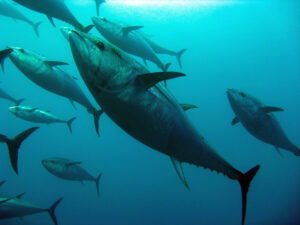
The International Seafood Sustainability Foundation (ISSF) reports that its 23 participating companies are 99.1 percent compliant with its 33 conservation measures, according to its updated Annual Conservation Measures & ProActive Vessel Register Compliance Report. The report, an update to the June 2024 version, highlights progress in addressing compliance issues, with remedial audits conducted between June and October.
Since the June 2024 compliance report, 17 companies have fully met all 33 measures. Five had one minor non-conformance each, and one had two, bringing the compliance rate to 99.1 percent – up slightly from 98.95 percent in the previous report. Independent auditor MRAG Americas assesses compliance through a rigorous protocol, ensuring transparency and accountability in the fishing industry.
“The transparent and independent auditing process our participating companies and vessels volunteer to undergo builds on the foundation of accountability that makes our conservation measures effective – and helps to hold other industry players to high standards,” said Susan Jackson, president of ISSF. “ISSF participating companies and vessels make the continuous improvement of global tuna fishery sustainability a key part of their business operations by individually committing to conservation measures and providing transparency into ongoing efforts and progress.”
The report also details the compliance rate for vessels on ISSF’s ProActive Vessel Register (PVR), which remains at 76 percent as of December 31, 2023, unchanged from the June update. This reflects adherence to 12 conservation measures focused on vessel activity, such as RFMO participation, non-entangling FAD use, vessel-based FAD management policies and observer coverage. The PVR, one of four public vessel lists maintained by ISSF, aims to increase transparency in tuna fishing practices.
The November 2024 report builds on the June audit, which initially found six companies with one minor non-conformance each and one company with two. Published annually, the report tracks progress in meeting ISSF’s conservation measures, such as product traceability, submission of detailed catch data to RFMOs and policies to prevent shark finning and mitigate bycatch.
Companies are also required to limit transactions to vessels meeting sustainability standards, such as longliners with bycatch policies or purse seiners using science-based best practices. Individual company compliance reports, issued by independent auditor MRAG Americas, include updates on how non-conformances are addressed throughout the year.
Now that you've reached the end of the article ...
… please consider supporting GSA’s mission to advance responsible seafood practices through education, advocacy and third-party assurances. The Advocate aims to document the evolution of responsible seafood practices and share the expansive knowledge of our vast network of contributors.
By becoming a Global Seafood Alliance member, you’re ensuring that all of the pre-competitive work we do through member benefits, resources and events can continue. Individual membership costs just $50 a year.
Not a GSA member? Join us.
Author
-
Responsible Seafood Advocate
[103,114,111,46,100,111,111,102,97,101,115,108,97,98,111,108,103,64,114,111,116,105,100,101]
Tagged With
Related Posts
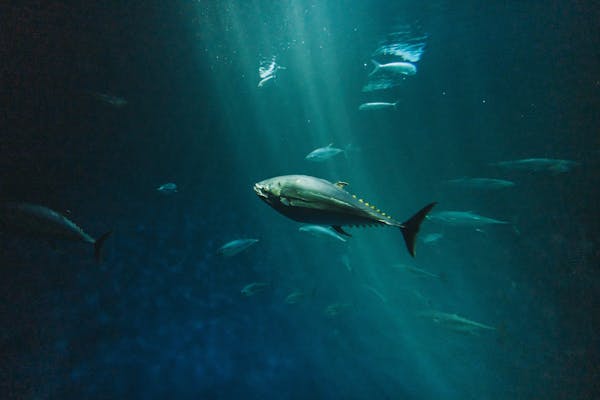
Fisheries
ISSF: Nearly 50 percent of tuna stocks are subject to overfishing
The latest ISSF report reveals that nearly half of major tuna stocks successfully avoid overfishing and meet target biomass levels.
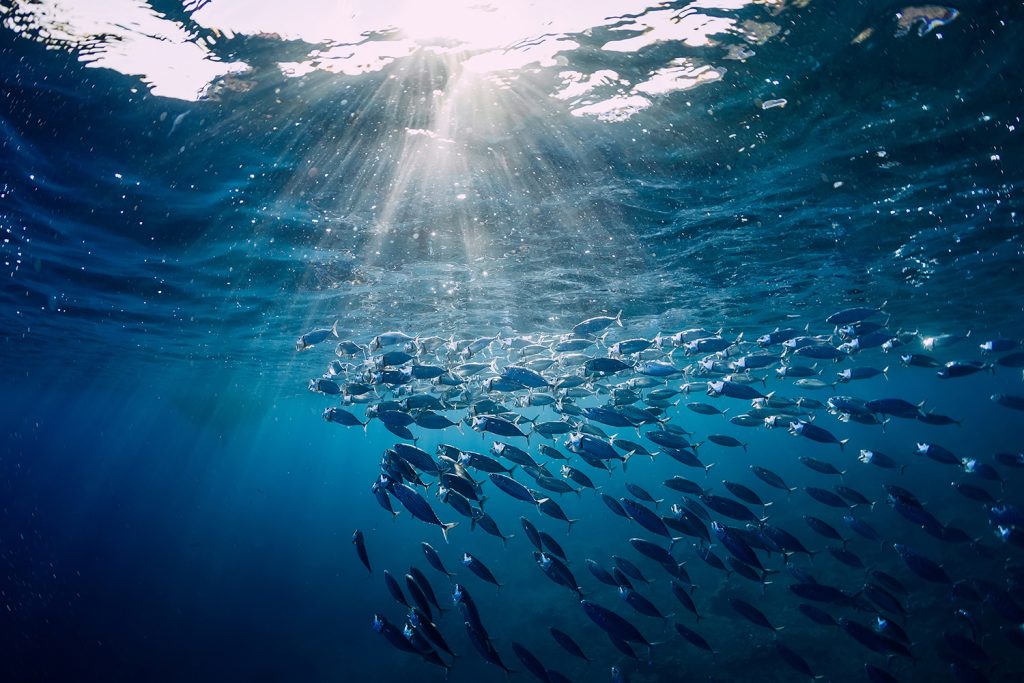
Fisheries
Fisheries in Focus: Tunas and billfishes are improving on the IUCN Red List – and it’s thanks to effective fisheries management
Sustainable Fisheries UW offers a rundown of the IUCN Red List and how tunas and billfishes benefit from strong fisheries management.
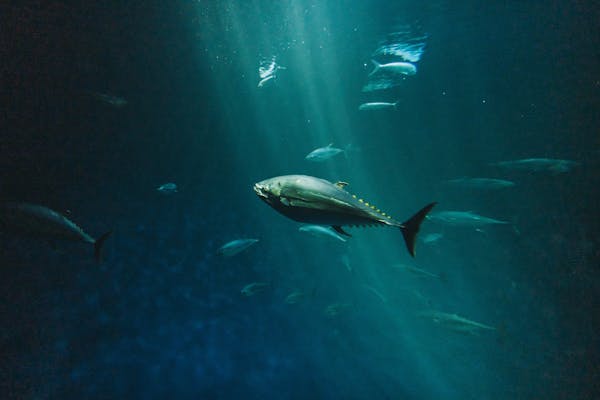
Fisheries
ICCAT adopts stronger measures for tuna and swordfish fisheries management
New measures enhance responsible fisheries management of tuna and swordfish, emphasizing science, conservation and small-scale fisheries.
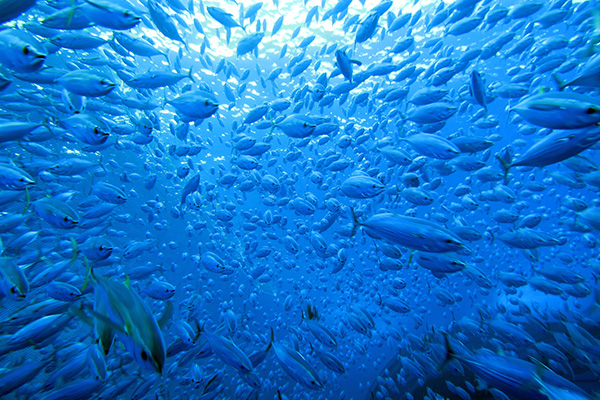
Fisheries
Guide shows commercial tuna fishers how to build net-free, biodegradable fish aggregating devices
A new net-free, nearly 100 percent biodegradable design for fish aggregating devices could help minimize the impact of commercial tuna fishing.



